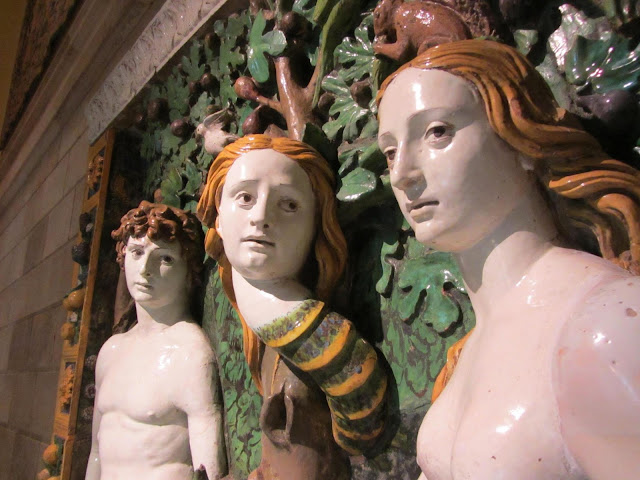A Conversation on Faith and Reason in a Dream

Last night a stream of conversation was running through my dream on the subject of Faith and Reason. I found it interesting. The upshot of it was that statements like “I live by faith and you live by reason,” or “I live by reason and you live by faith,” are not ultimately meaningful in themselves. Faith and reason always have an object, a point of reference, a realm of activity. The large majority of what people on either side of the equation believe to be true based on reason is actually based on faith, often on the assumption that they think it “reasonable to believe” this or that because some authority has said it that they trust more than others. Very often the real foundation of this sense of “reasonableness” is nothing more than the fact that “most people” think the same way for the same reason. In addition the true definition of “most people” in such cases is usually “most right-thinking people,” which may or may not amount to a majority. Which may i




